Former deputy governor of the Central Bank of Nigeria (CBN), Prof. Kingsley Moghalu, has called on the authorities to prioritise digital literacy in line with 21st century demands.
Moghalu, who pointed out that the strength or failure of every nation, depends on the strength or weakness of their education system, said Nigerian government should make provision of quality education for the citizens as number one priority of all reform efforts in the country.
“So, literacy should be number one goal and the cornerstone of our reform efforts,” he stated.
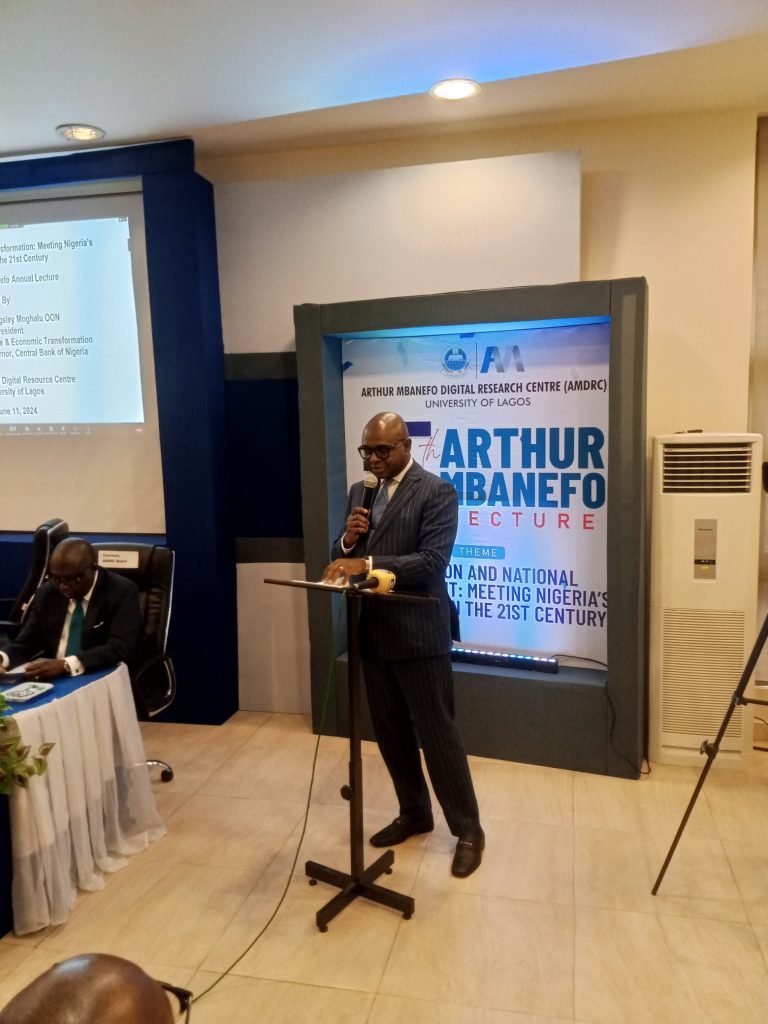
Moghalu spoke as a guest lecturer at the 5th Arthur Mbanefo Lecture held at the Arthur Mbanefo Digital Research Centre, University of Lagos on Tuesday, 11 June 2024.
The lecture was in honour of Chief Arthur Christopher Mbanefo, an elder statesman, on his 94th birthday.
Mbanefo is a former Permanent Representative of Nigeria to the United Nations, and former Pro-Chancellor of the Universities of Lagos, Obafemi Awolowo, and Ahmadu Bello.
The retired diplomat, who is also a fellow of the Institute of Chartered Accountants in England and the Institute of Chartered Accountants of Nigeria, had while celebrating his 90th birthday in 2020 donated a research centre fitted with a digital library to the University of Lagos.
The facility named Arthur Mbanefo Digital Research Centre (AMDRC), was aimed at promoting training and development of youth, especially in the digital space.
READ ALSO: Moghalu Recommends N100,000 Minimum Wage
Moghalu, who is the president, Institute for Governance and Economic Transformation, praised Mbanefo for his vision that made him institute the digital research centre.
“Digital literacy is very important in the 21st century. You cannot do without it,” he noted.
Speaking on the topic, “Education and National Development: Meeting Nigeria’s Challenge in the 21st Century,” Moghalu identified five purposes of education in every nation which include that education is a key to economic development, building national identity and good citizenship, a powerful tool to construct and inculcate worldview in the citizens, individual wellbeing and cultural sustenance.
Juxtaposing these ideal purposes of education with Nigerian experience, Moghalu noted that Nigeria’s educational landscape grapples with many challenges undermining the nation’s human capital potential.
He observed that Nigeria has a high level of adult literacy which has implications on the productivity of the economy.
“As of 2020 in the human capital index created by the World Bank where they assess countries, Nigeria’s rank, as of the latest measuring, was 168 out of 173 countries globally. Down the road we are, and education is supposed to be the driver of human capital, but we are 168 out of 173,” Moghalu stated.
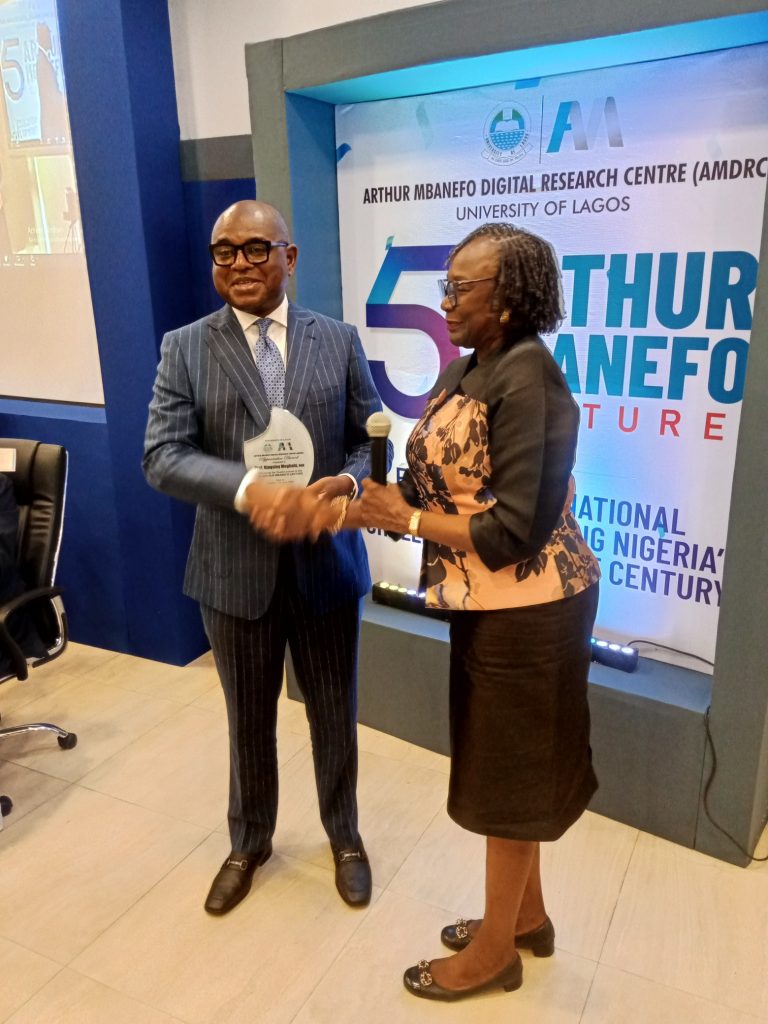
He stressed that for Nigeria to play a significant role on the global stage, it must develop and deploy its human capital to propel national development.
He said that given the central role of education as the primary purveyor of human development, it must assume a central role in Nigeria’s development process.
He identified the problems of education in Nigeria such as access (low rates of completion, limited transitions between education levels from primary to secondary and to university), erosion of quality of education (resulting in insufficient human capacity building within the existing educational system); and inadequate financing.
On financing, he expressed concerns that despite UNESCO’s recommendation that developing countries should allocate 10 to 15 per cent of their budgets to the education sector, Nigeria’s budget allocation for education has been very low, adding that it was at a low of 5 per cent in the 2023 budget.
He said it is a shocking thing that as of today, the take-home pay of a vice chancellor of a university who is responsible for the education of hundreds of thousand of people who make up society is about ₦400,000 but a senator earns about ₦13 million per month with no appreciable level of productivity.
He emphasised that Nigeria needs to invest alot more in education. Explaining what he mean by investing in education, the globally acclaimed political economist said it is not just about increasing allocation for education in the budget and approving slush funds for contracts but having a clearly defined purpose of what the authorities want to achieve in the long-term.
Apart from inadequate financing, another challenge in the system is what he called “a disconnect between the academia and industry.” “There is a disconnect between town and gown,” he noted.
Education according to him, should have practical applications, influence professions and the business community. “So, there is a handshake between academia and industry in every country that has advanced. When they do research in universities, those research are being piped into industries as patents and those industries are now mass manufacturing those products of innovation while value is being created.”
He stressed that the education system should put skill development at the centre to enable educated citizens create individual livelihoods, community wealth and national value chains. This, he observed, would enable the country effectively contribute to global competitiveness, especially in the context of the Fourth Industrial Revolution.
“Skills is where the action is in the 21st century in the field of education. When we know that the world economy is based on trade, and that 75 to 80 per cent of all trade is based on manufacturing, and when we understand that manufacturing is based on global value chains, the small small components that make up the whole product and the countries that are arising in the emerging markets, like Thailand, Malaysia, they have taken a position in the global value chain and they are producing things that are part of the whole.
“Until we become producers of value chains, contribute to the value chains, we cannot talk about globalization. We are passengers not drivers, we are not even yet bus conductors when it comes to globalization. The secret is in this value chains; the secret is in the educational system and how it prepares young people to have the skills to create value chains.”
He also emphasised that education as a tool for development in Nigeria should be to project its national ethos and values which encapsulates a nation’s beliefs, ideals, shaping its collective identity and guiding its actions on both individual and societal level.
“Chapter two of the Nigeria’s 1999 Constitution says that our national ethics shall be discipline, integrity, dignity of labor, social justice, religious tolerance, self reliance and patriotism. Cultivating and disseminating a thorough understanding of the National ethos of the country should be a major objective of the Nigerian education system.”
The former CBN deputy governor noted that Nigeria has had series of policies for different levels of education but lacked implementation for different reasons.
He stated that based on emerging needs, the country’s education curriculum needs a total overhaul to meet the 21st century demands.
Other things he recommended for the revamping of the education system in Nigeria are a commitment to equity and excellence in education, rigorous recruitment, training and retraining processes for teachers and school leaders; a strong emphasis on Science, Technology, Engineering Mathematics (STEM) education and adequate financing of the education system.
He also harped on repositioning the teaching profession and encouragement of foreign investment in education.
Earlier in her opening remarks, Vice Chancellor of UNILAG, Prof. Folasade Ogunsola, welcomed everyone to the 5th Arthur Mbanefo Lecture.
The vice chancellor said Mbanefo was a visionary and ahead of his time.
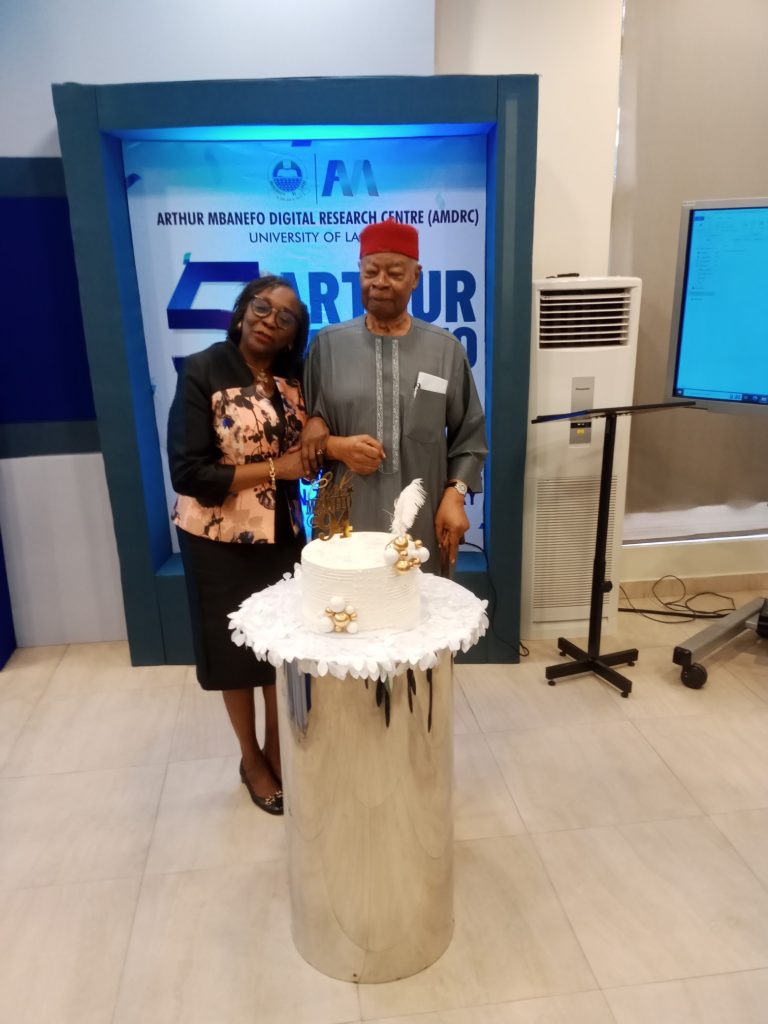
She said: “the AMDRC which commenced operations in 2018, was designed to serve as a digital research hub, where students and relevant stakeholders, both within and outside the university would have access to digital resources to advance research and also to promote technology. It was ahead of its time, but I must say that the University of Lagos was certainly the place for it to be because the University of Lagos is one of the most digitized universities in this country.”
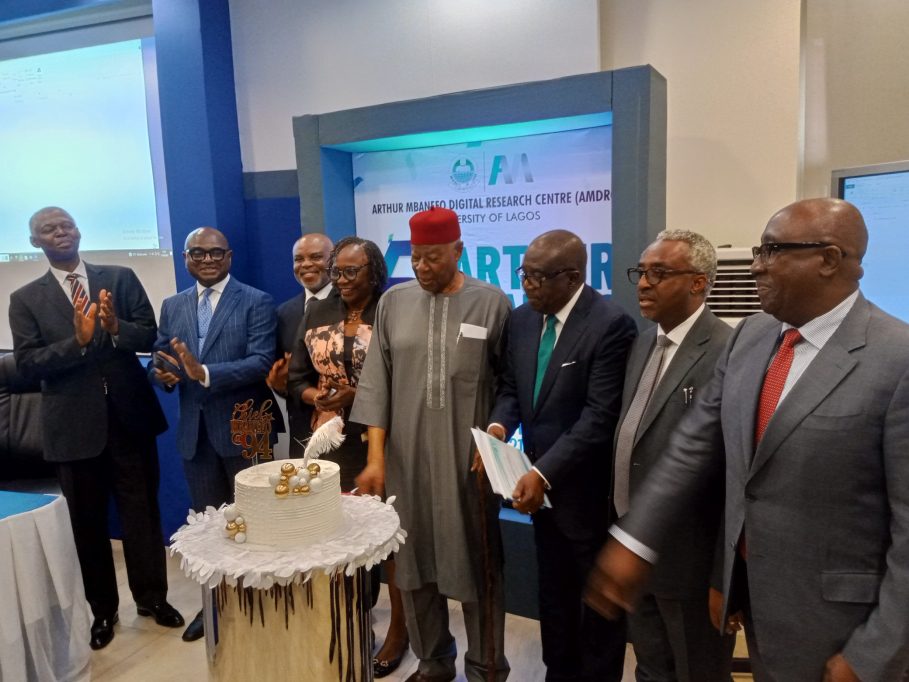
Ogunsola noted that the centre has played a role in supporting the drive of the university in the area of digital research and innovations.
She said board members of the centre have in the last six years been able to bring forth the dream of Mbanefo.
The UNILAG VC equally stated that the annual lectures over the years since the centre came into operation were to provoke thoughts on the role of digital technology in national development.
On his part, Mbanefo thanked all who work in different ways to ensure that the centre is running.
The nonagenarian expressed profound joy in seeing the centre flourish in line with his dream.
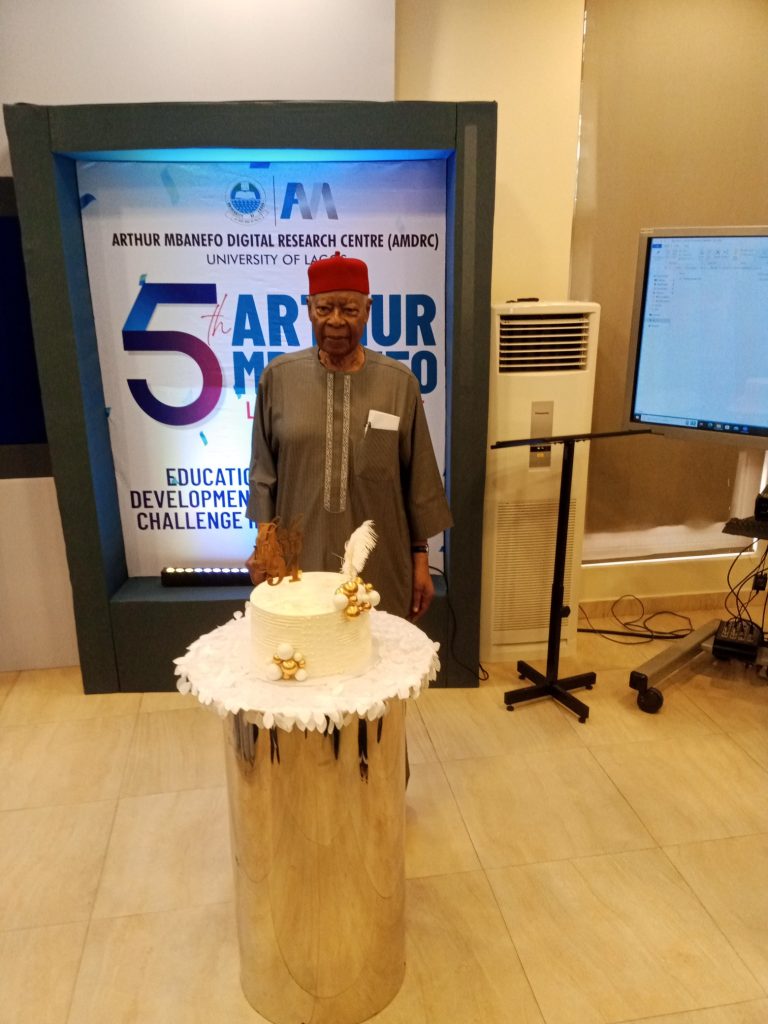
Commenting on challenges in the Nigerian system, he said there is a lack of implementation of policies and appreciation of values created by the citizens in the form of adequate remuneration and motivation.
The Odu of Onitsha cautioned that if the system is not reformed to function as it should, the country would continue to experience migration of young people to abroad in search of greener pastures to the detriment of labour force.
Also speaking, chairman of the occasion, Dr Tolulope Adewole, MD, NSIA Advanced Medical Services (MedServe), equally harped on the need for repositioning the education system to be the epicentre of national development.
AMDRC Director, Dr Taiwo Ipaye, expressed gratitude to all who have over the years supported the centre by way of funding, and attending tbe annual lecture among others.
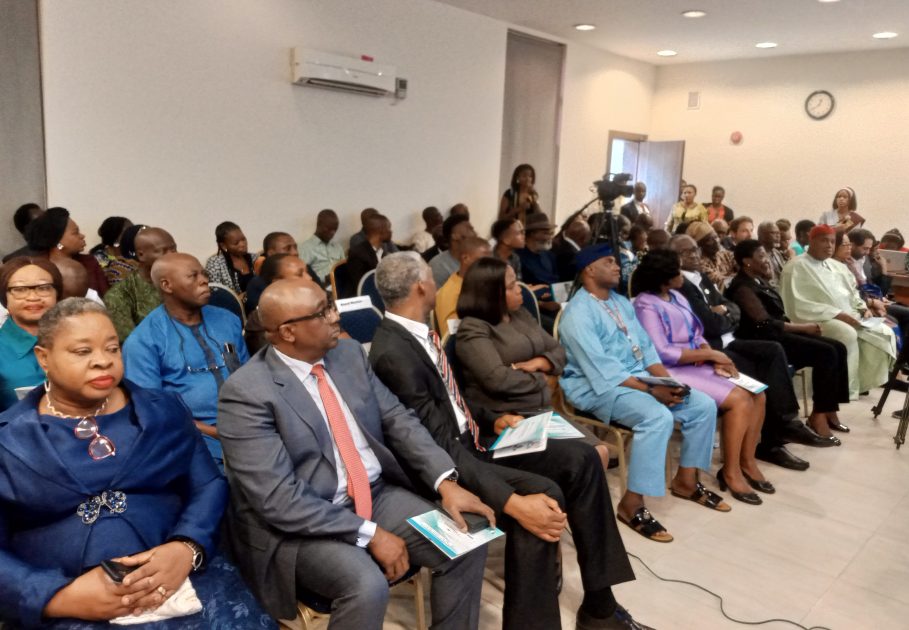
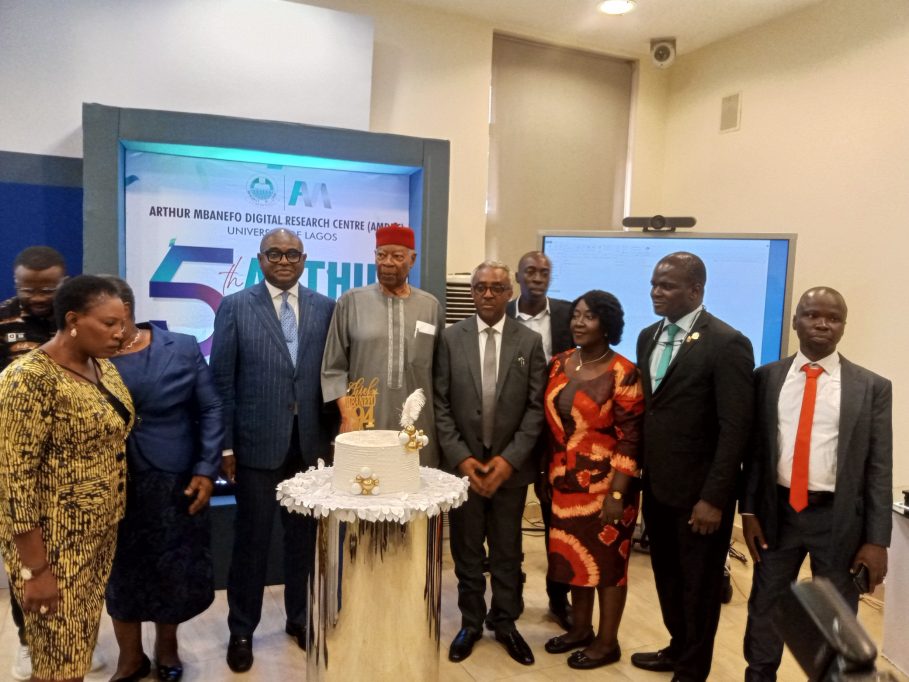
Victor Ezeja is a passionate journalist with seven years of experience writing on economy, politics and energy. He holds a Master's degree in Mass Communication.

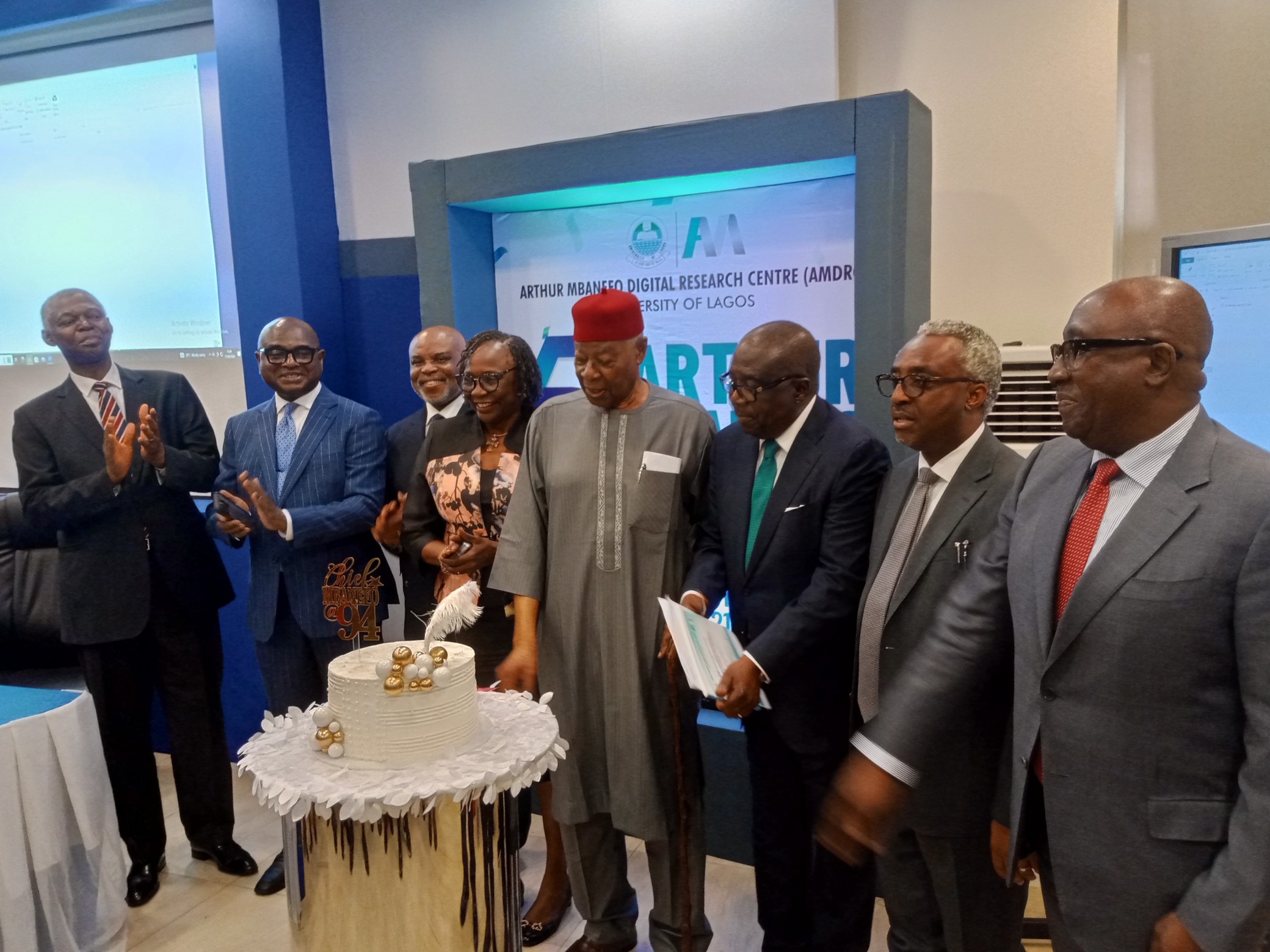

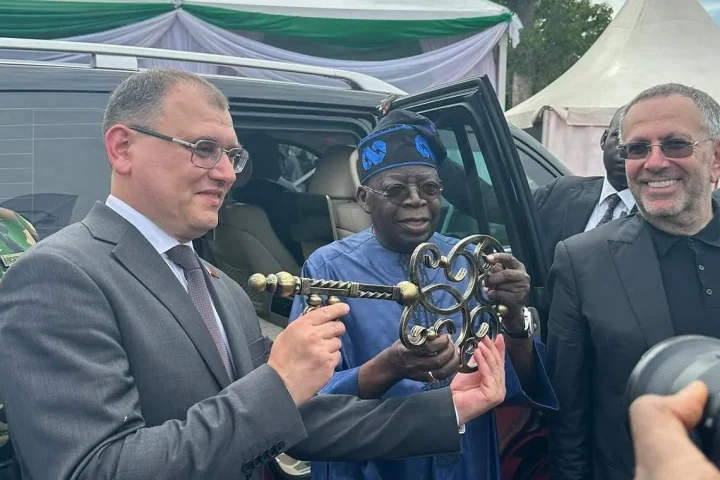

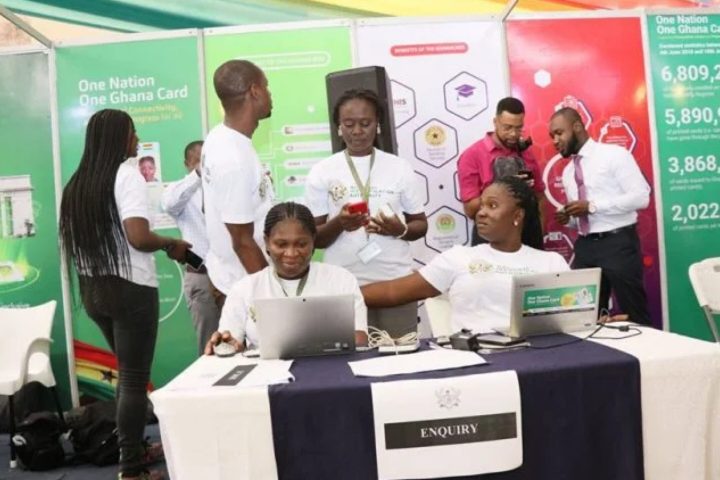





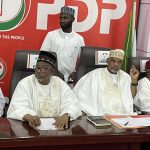



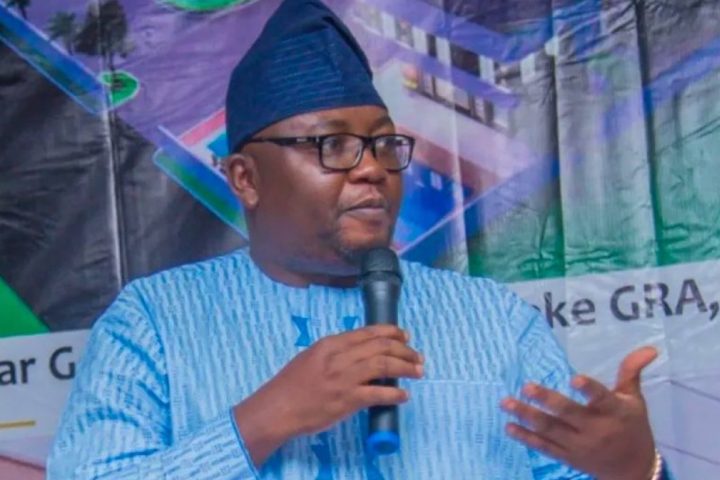

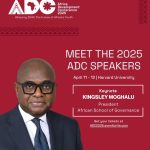
Follow Us